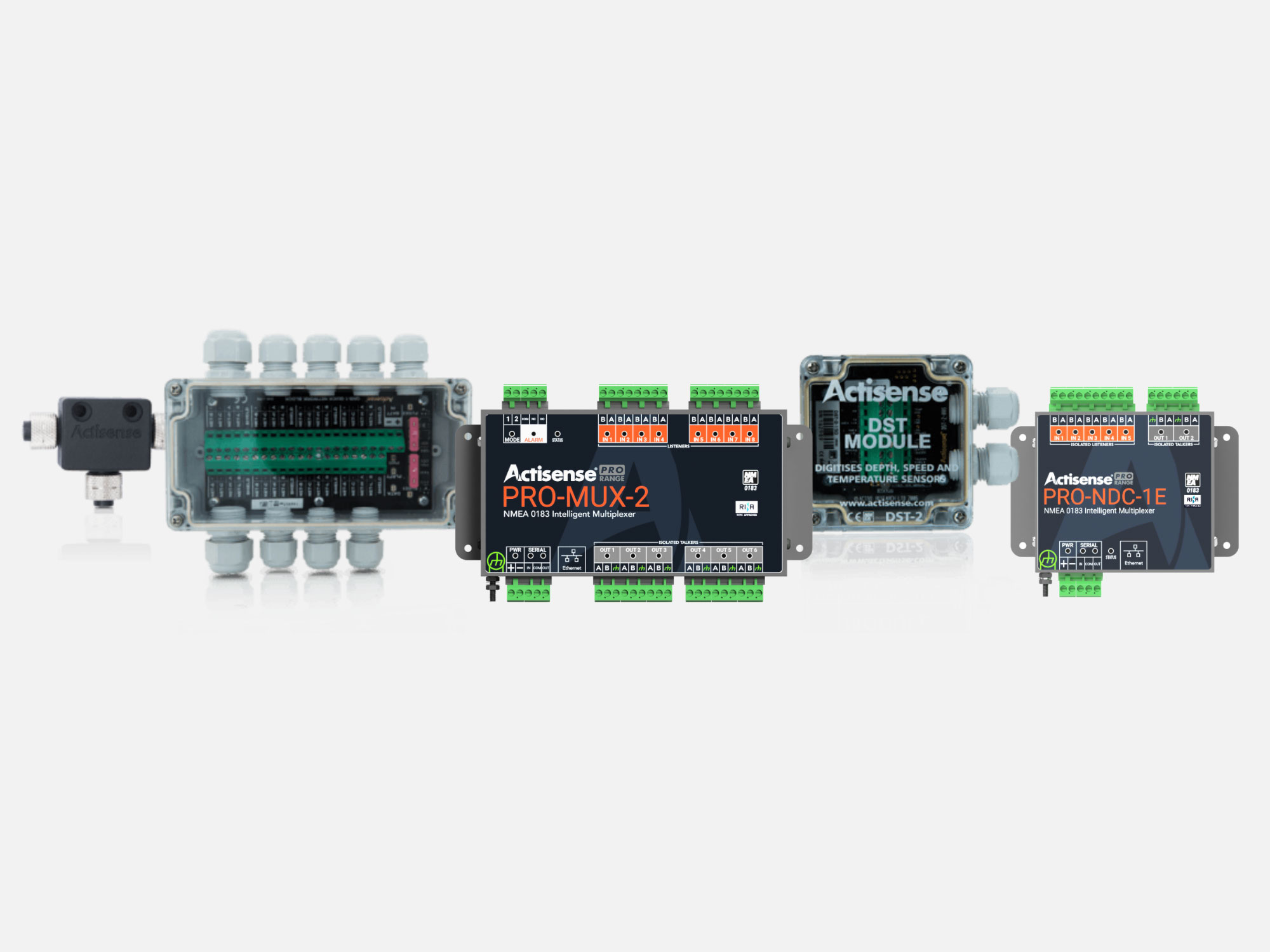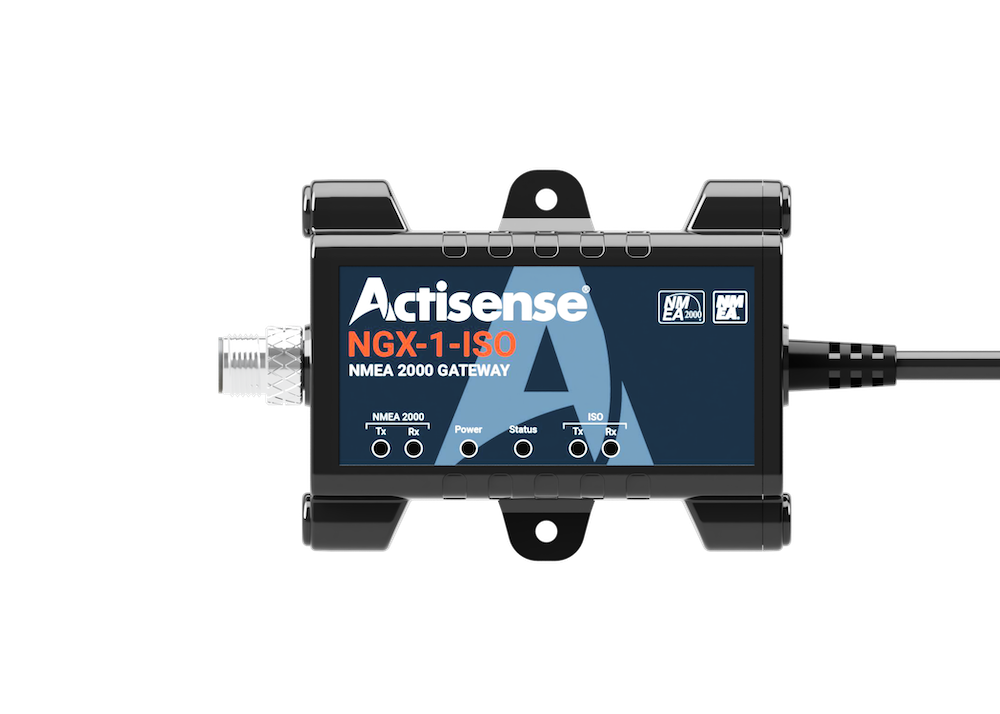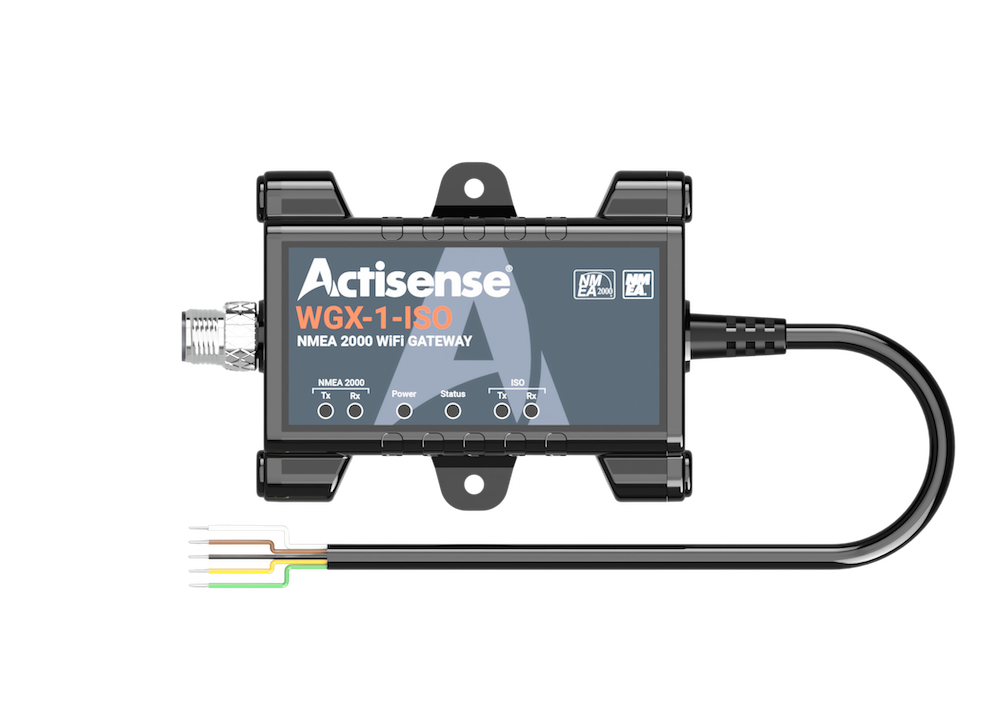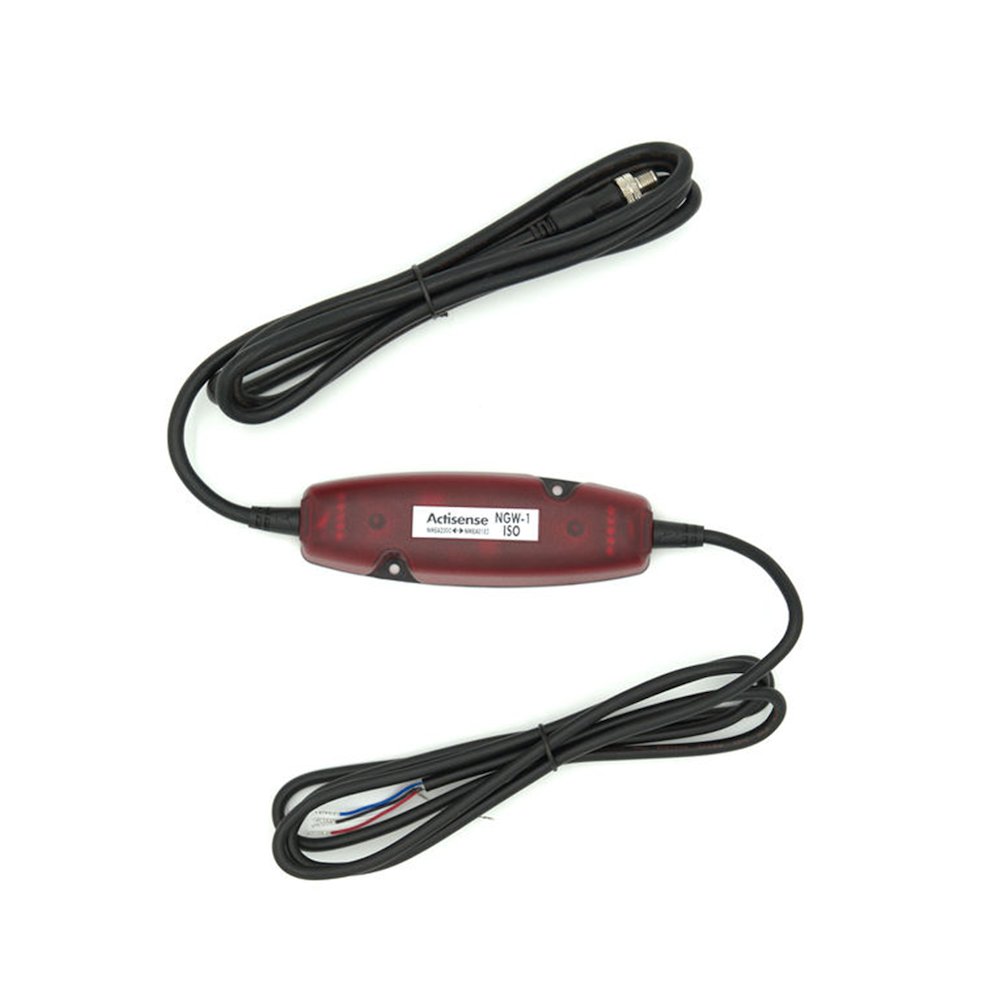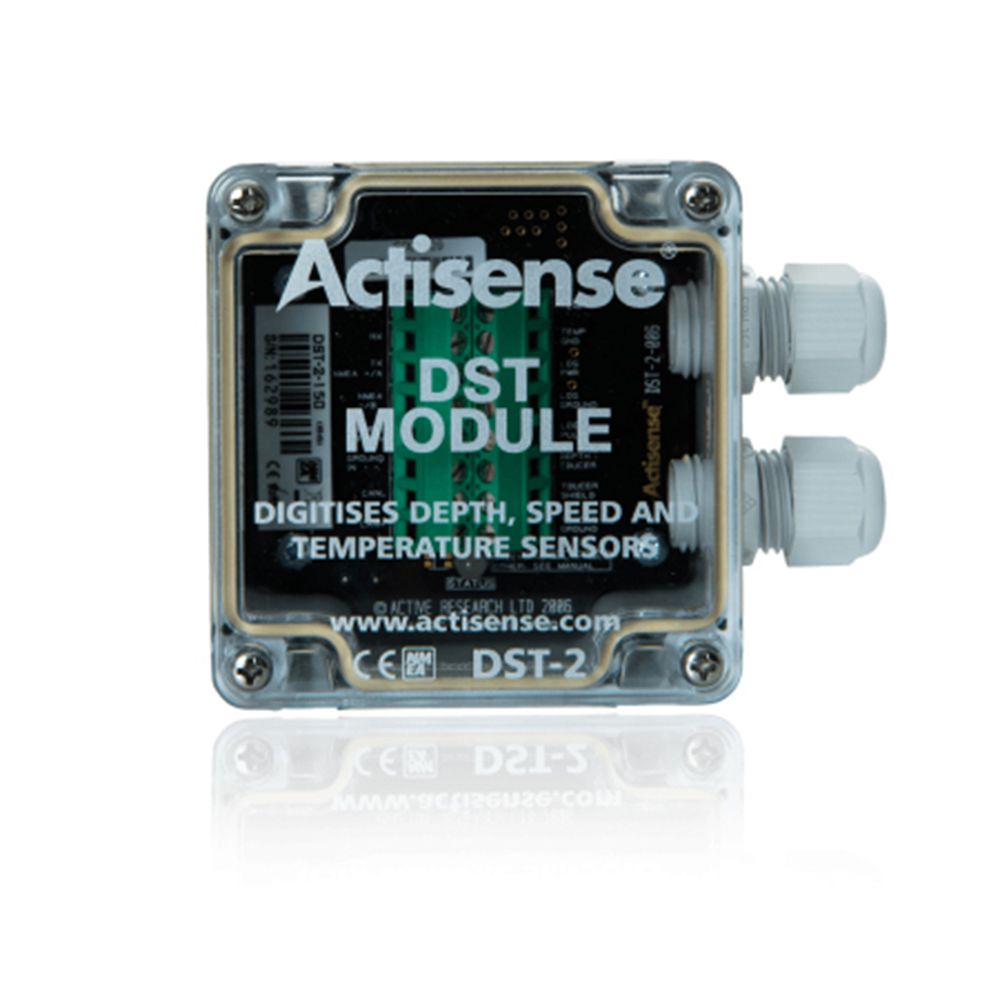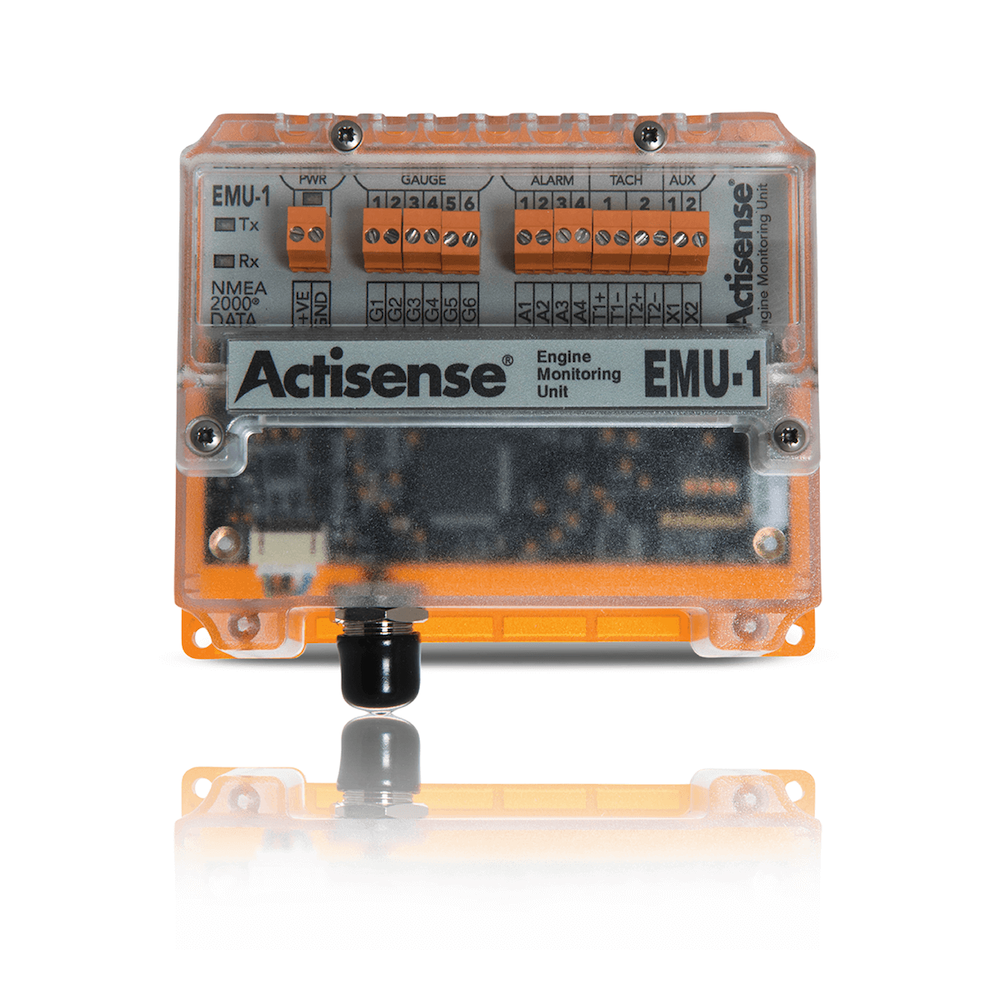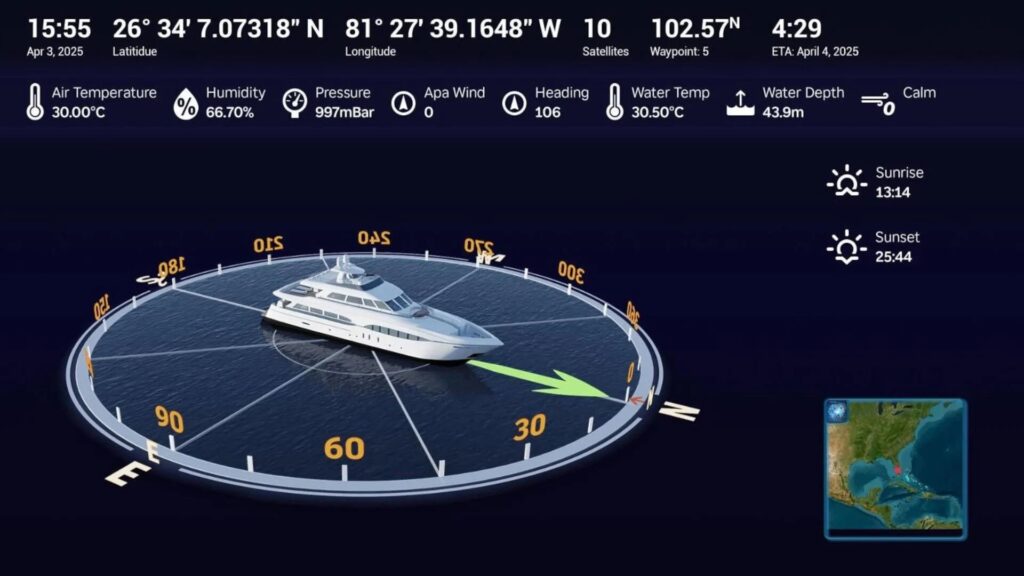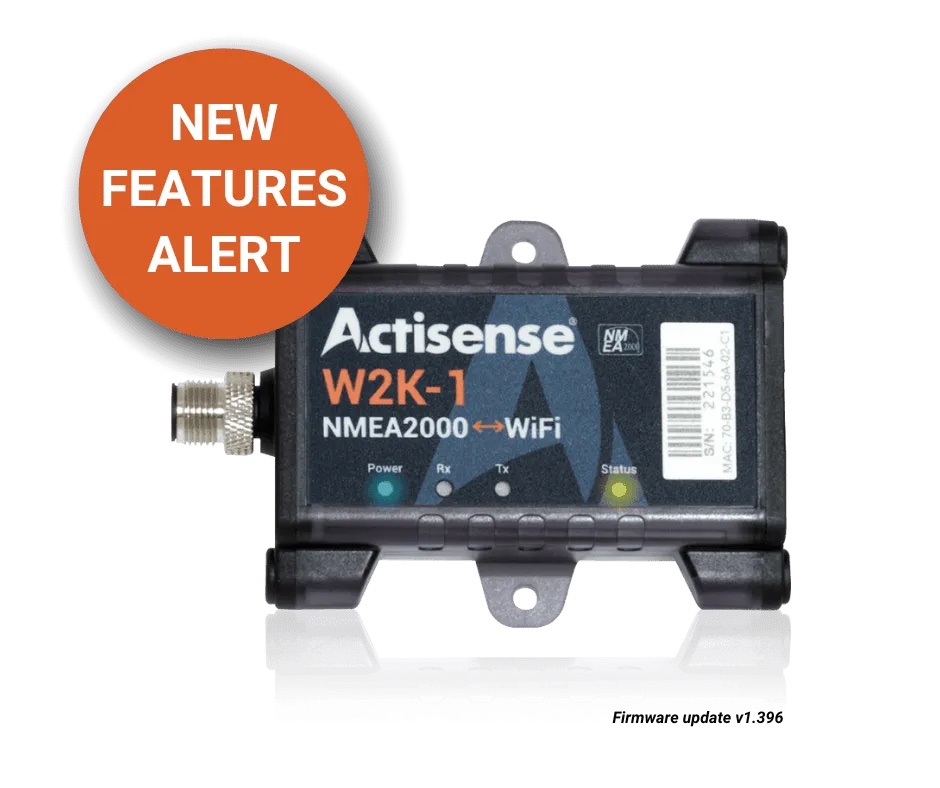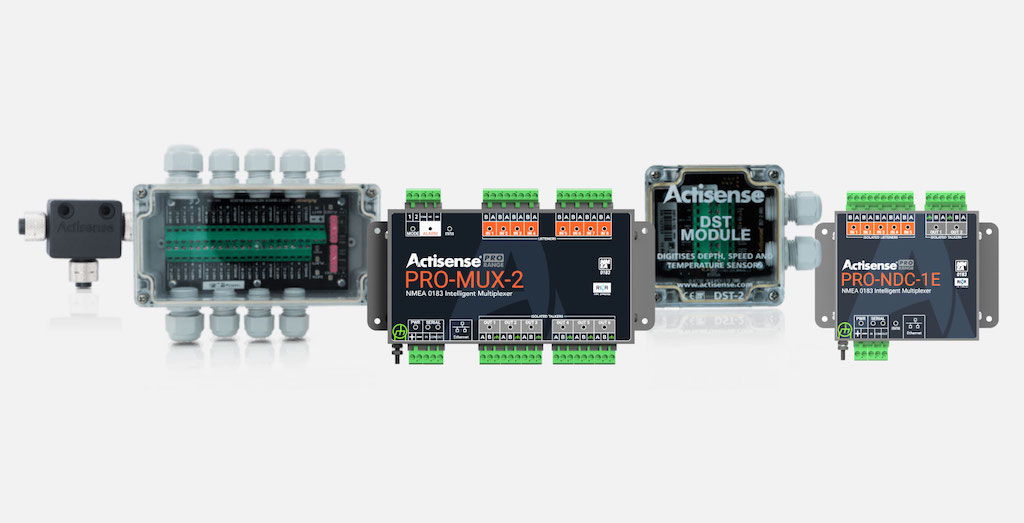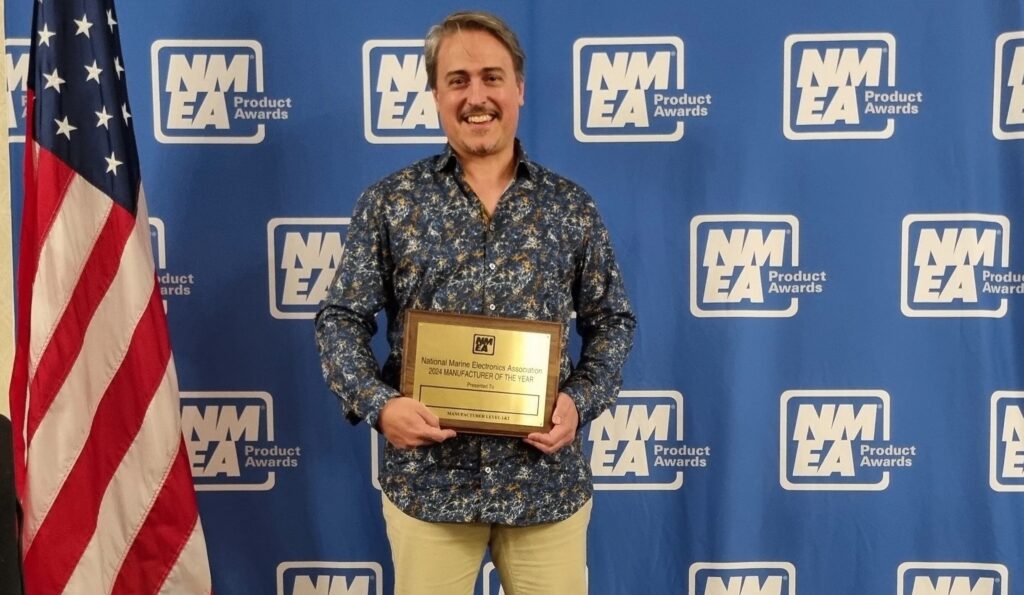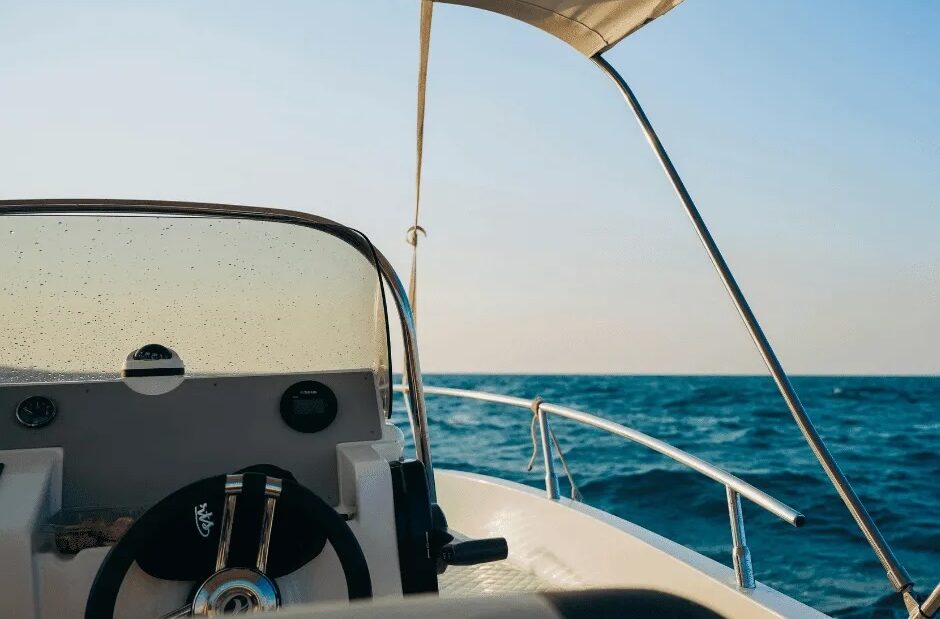
Actisense examines how the growth of the marine industry has influenced NMEA 2000, which has become the primary standard for electronic communication on vessels. Read more >>
Actisense discusses how this expansion has also led to a market filled with many products, including some low-quality or uncertified imitations.
Understanding Certification: How NMEA Maintains Standards
The NMEA and established manufacturers dedicate resources to ensure devices meet defined technical standards. Certified products must pass formal tests using NMEA-approved tools to confirm:
- Device interoperability
- Electrical safety
- Functional performance
The certification process involves time, cost, and technical work to verify that devices meet system requirements.
What the NMEA 2000 Standard Specifies
NMEA states, “The standard describes a low-cost moderate capacity bi-directional, multi-transmitter/multi-receiver instrument network to interconnect marine electronic devices. It is multi-master and self-configuring, and there is no central network controller. Equipment designed to this standard will have the ability to share data, including commands and status with other compatible equipment over a single channel. All products that read and or transmit NMEA 2000 information must be certified by NMEA.”
In summary, NMEA 2000 allows compatible devices to exchange data over a shared network. Certification ensures the devices function correctly within this system.
Potential Issues with Uncertified Devices
Uncertified products on an NMEA 2000 network can introduce problems such as:
- Higher power draw
- Conflicting source addresses
- Network instability due to messaging errors or data flooding
These disruptions can interfere with network operation, sometimes causing certified devices to be pushed off the network due to ID conflicts.
Clarifying Product Claims
Products labeled as “NMEA 2000 compatible” or “works with NMEA 2000” are not necessarily certified. These terms are often used without meeting formal certification requirements. When needed, refer to the official NMEA certified product list for verification.
Importance of Approved Accessories
Cables, connectors, and similar accessories are not certified but are NMEA approved, meaning they have passed specific NMEA testing to confirm they can perform under expected conditions. Using approved components is necessary for maintaining proper system function.
Practical Considerations with Uncertified Equipment
While uncertified products may appear less expensive initially, they can result in:
- Service technician costs
- Replacement of damaged or incompatible equipment
- System downtime and operational failures
Overall, certified and approved products are necessary to support reliable and consistent network operation.
When constructing or modifying an NMEA 2000 network, using certified and approved components is essential to meet technical standards and ensure system stability.






